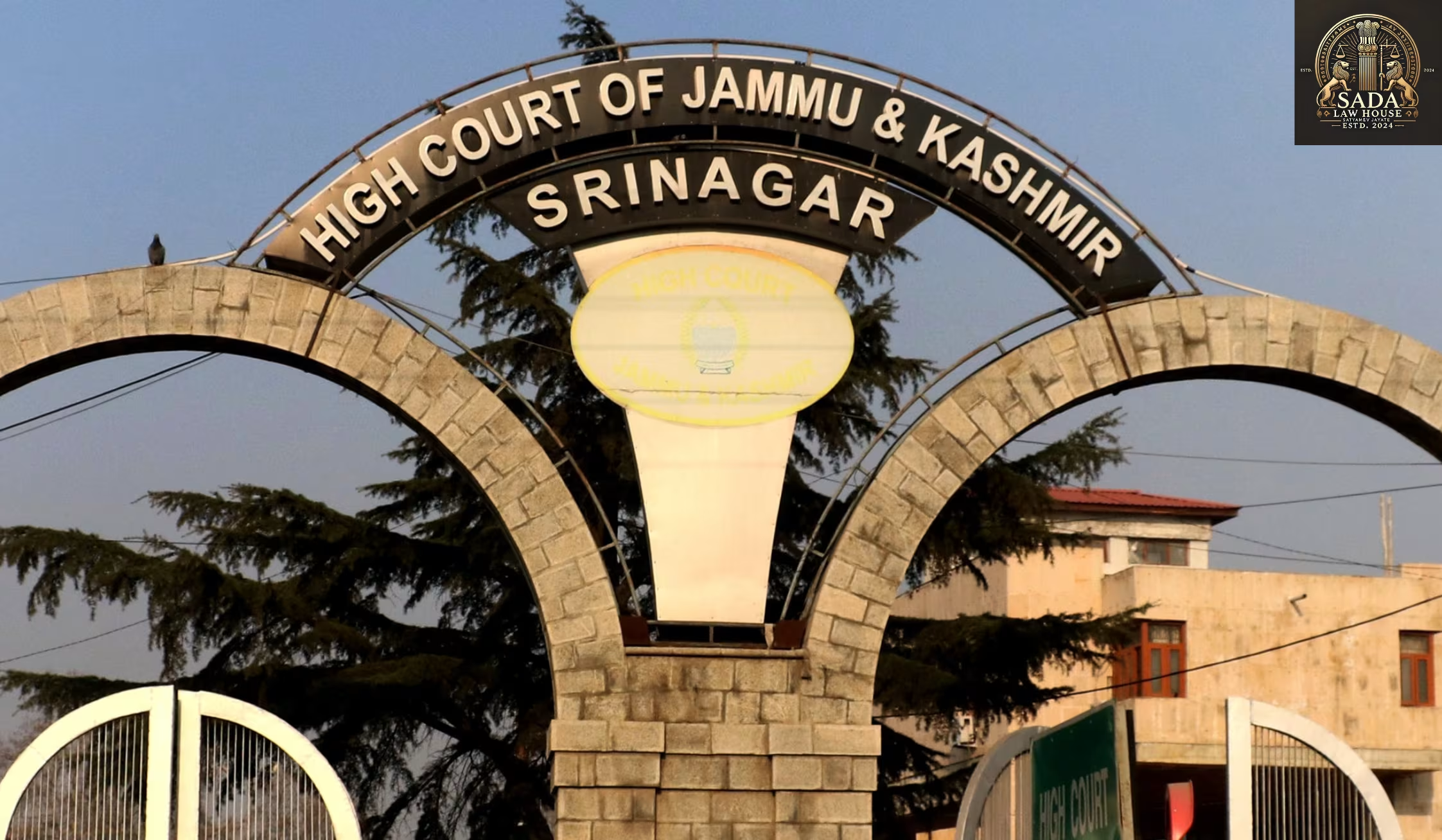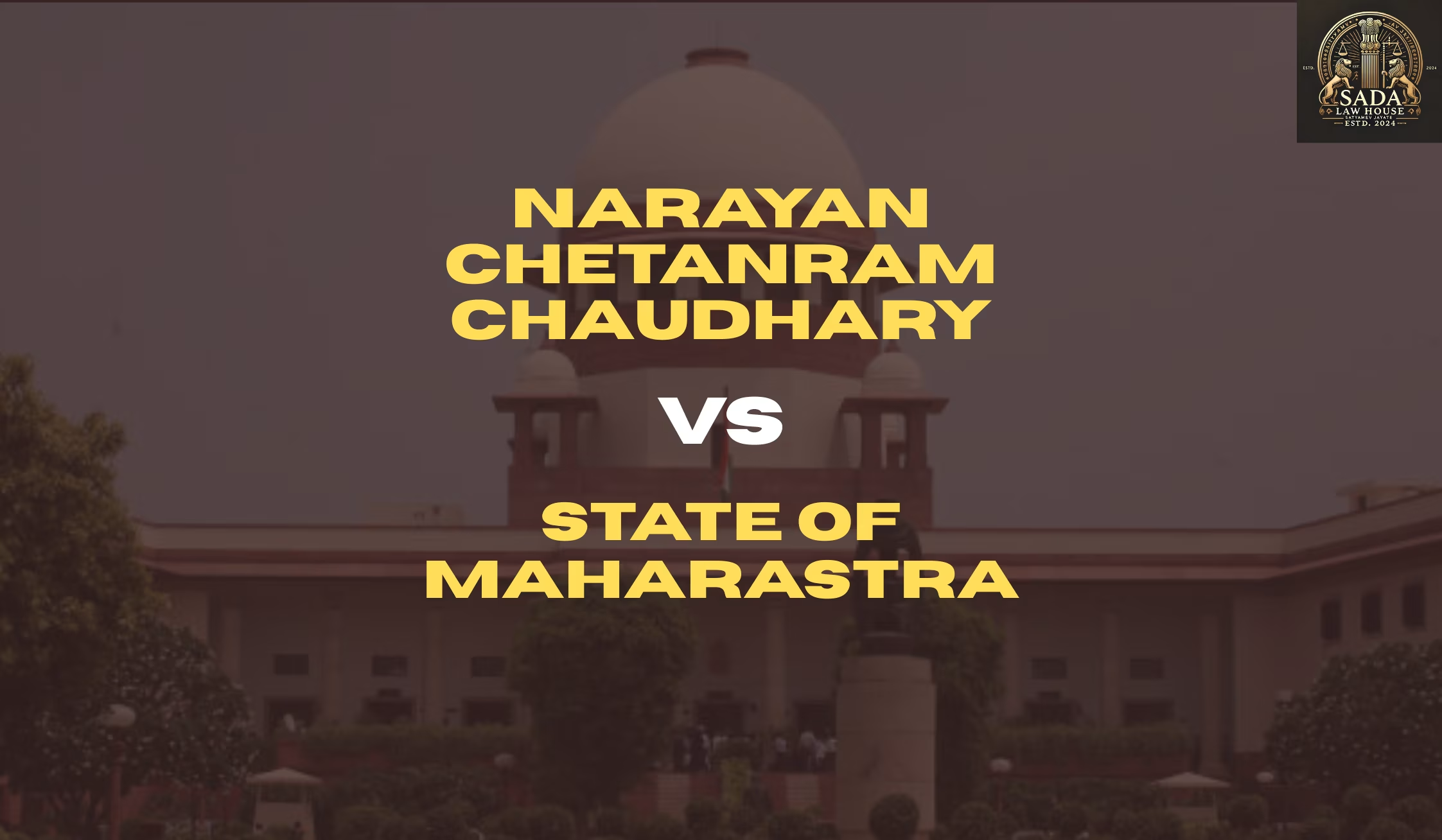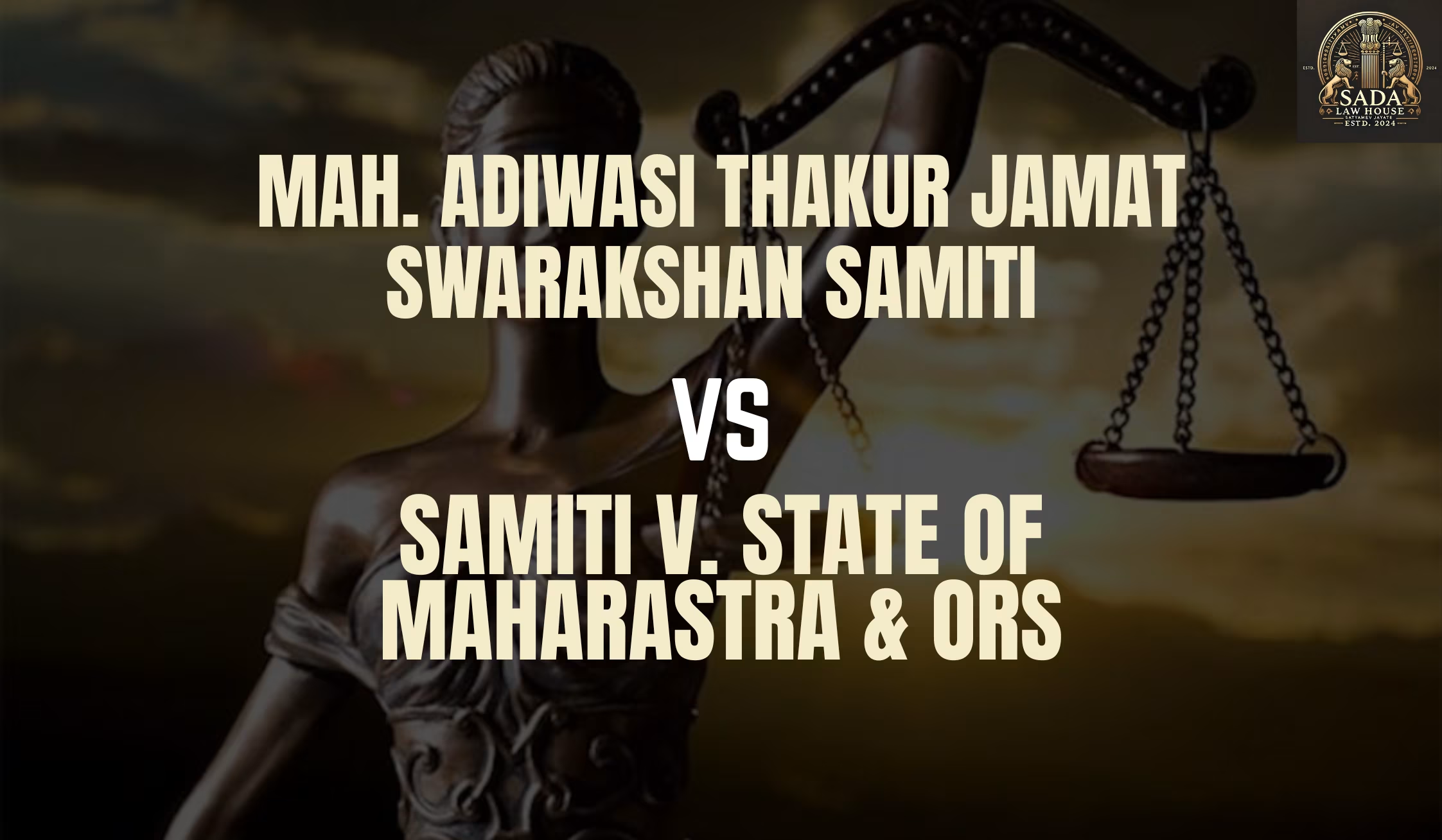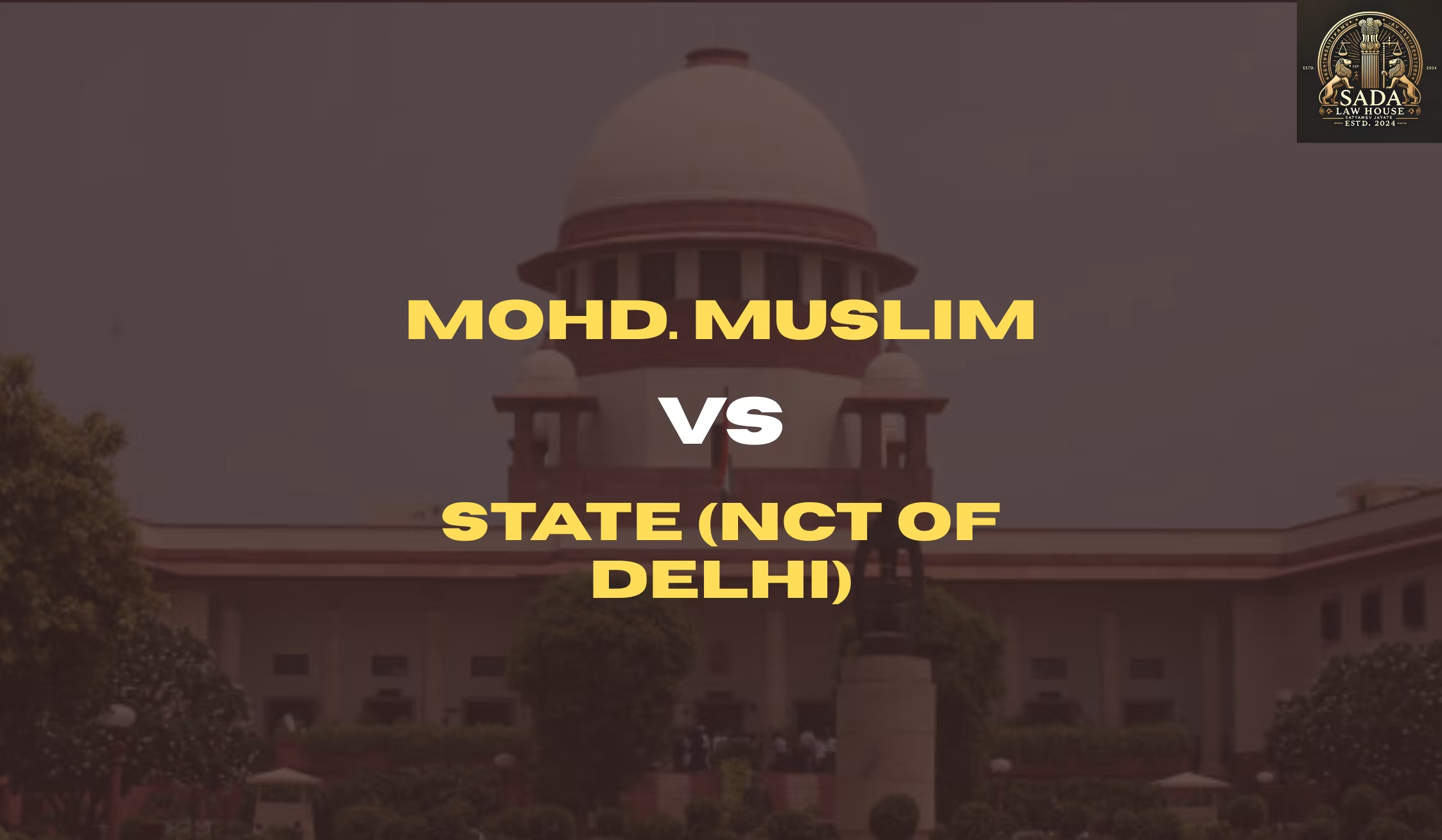Supreme Court Reviews J&K’s Plea Against HC Order Halting Detention of Alleged Overground Worker Amid Pahalgam Terror Attack Fallout
- MAHI SINHA
- 02 May 2025

The Supreme Court has acknowledged the Union Territory of Jammu and Kashmir’s plea challenging the High Court’s revocation of a detention order against an alleged overground worker linked to terror groups amid recent unrest in the region.
Supreme Court Takes Up Special Leave Petition Filed by J&K UT
In a significant legal development, the Supreme Court of India has taken cognizance of a Special Leave Petition (SLP) filed by the Union Territory of Jammu and Kashmir challenging the High Court of Jammu & Kashmir and Ladakh‘s decision to invalidate the detention of Ghulam Mohammad Waza. The apex court, on May 2, 2025, issued a notice in the case, granting a four-week period for response.
Legal Representation and Bench Details
Representing the Union Territory, Advocate Parth Awasthi filed the petition. The matter was heard by a bench comprising Justices Vikram Nath and Sandeep Mehta.
Background of the Case
Arrest and Allegations
The respondent, Ghulam Mohammad Waza, was arrested on February 23, 2023, by the District Magistrate of Bandipora, under suspicion of disturbing public order and national security. Waza was allegedly associated with separatist elements operating under the Tehreek-e-Hurriyat, some of which are designated as terrorist organizations under the Unlawful Activities (Prevention) Act, 1967.
He is accused of playing a key role in organizing protests, riots, and hartals during the 2016–2018 unrest in Kashmir, following the death of Burhan Wani, a commander of the Hizbul Mujahideen.
High Court’s Reasoning for Revocation
The High Court revoked the 2024 detention order on the grounds that it relied on similar justifications as a 2022 detention, which had also been set aside. The 2022 order was quashed due to procedural lapses, including the failure to provide the respondent with complete documentation.
Fresh Grounds for 2024 Detention
However, the current detention was issued after Waza was implicated in a new case involving the alleged supply of explosives to anti-national elements. This case is registered under Section 13 of the UAPA and Section 4B of the Explosive Substances Act.
Broader Context: Rising Security Concerns
The case comes amid heightened tensions in the region, particularly following the recent Pahalgam terror attack. Security agencies have intensified scrutiny of suspected overground workers believed to be supporting terrorist infrastructure in the Kashmir Valley.
Conclusion
This case underscores the ongoing legal and security complexities in Jammu and Kashmir, as courts continue to balance civil liberties with national security imperatives. The Supreme Court’s forthcoming decision may have significant implications for how detention orders under national security laws are scrutinized and upheld.
Case Laws






